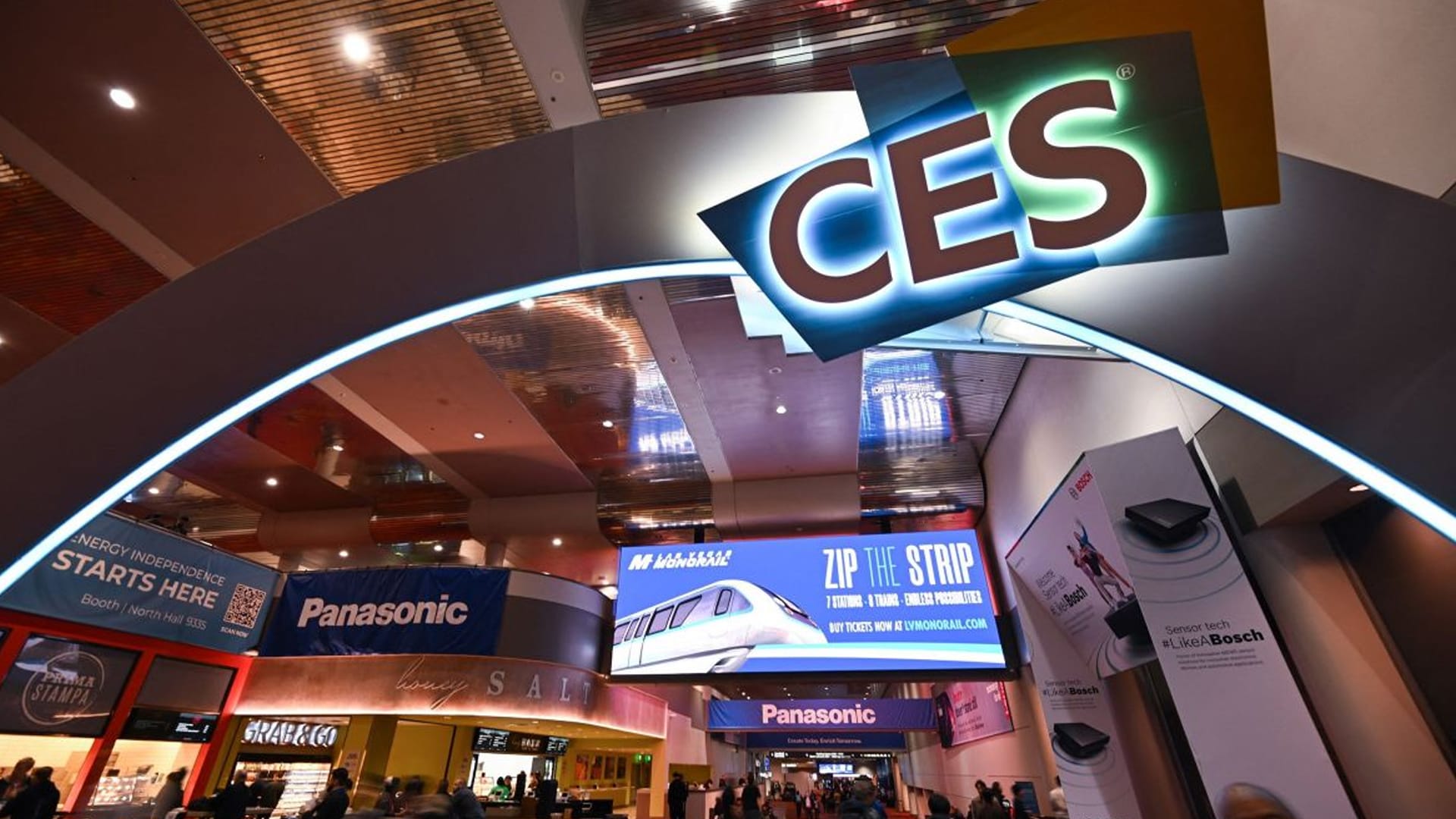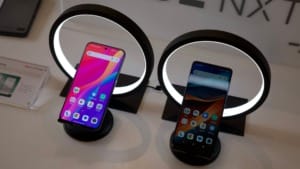AI to revolutionise CES 2024 despite OpenAI CEO’s absence
Discover how AI is set to dominate CES 2024 with various innovations across consumer tech, despite OpenAI CEO Sam Altman's absence. Explore the industry's latest AI advancements and their impact on...

The upcoming Consumer Electronics Show (CES) in Las Vegas is poised for an AI revolution, even as OpenAI’s CEO Sam Altman is notably absent. The event, scheduled for January 9-12, 2024, will showcase a myriad of gadgets integrating artificial intelligence, a trend largely ignited by OpenAI’s advancements in the field.
Table Of Content
Wide range of AI-integrated innovations
This year’s CES is set to feature an array of devices incorporating AI for various applications. Innovations range from aids for the visually impaired to advanced safety systems in schools. These include gun detection systems and facial recognition software capable of assessing vital signs. Additionally, autonomous vehicles will exhibit cabin-monitoring systems, underscoring the depth of AI’s integration into consumer technology.
OpenAI’s impact and industry developments
Despite Sam Altman’s absence, OpenAI’s influence is palpable, akin to Apple’s presence at CES under Steve Jobs. OpenAI, especially noted for its ChatGPT development, has been a central figure in the AI domain. Altman’s brief removal and subsequent reinstatement as CEO, following staff solidarity with investor Microsoft, further highlighted the company’s clout.
OpenAI is also reportedly collaborating with former Apple designer Jony Ive on a secretive AI hardware project. The industry has seen a significant surge in funding for generative AI, with a fivefold increase to US$23.78 billion in the last year, signifying a booming interest in AI applications.
Automotive and consumer electronics sectors embrace AI
The automotive industry is a key focus, with companies aiming to provide a ‘hyper-personalised’ experience in car buying and usage. Innovations include AI-powered virtual assistants and driver monitoring systems for enhanced safety. Firms like Cerence and Cipia are set to announce significant partnerships and advancements in this space.
Furthermore, AI’s role in manufacturing is gaining traction, with companies like Amazon Web Services aiding in vehicle development and quality checks, thus reducing costs and improving efficiency. The consumer electronics sector, including PC and smartphone manufacturers, is also expected to showcase AI-driven products, supported by chipmakers like Intel and AMD.
Consumer reception and market potential
While the industry buzz around AI is undeniable, how consumers will respond to these advanced capabilities in everyday devices remains uncertain. The challenge lies in translating the technical prowess of AI into tangible consumer benefits. As noted by industry experts, while products like ChatGPT have garnered consumer interest, the practical utility of such AI features in consumer electronics is still to be established.
















